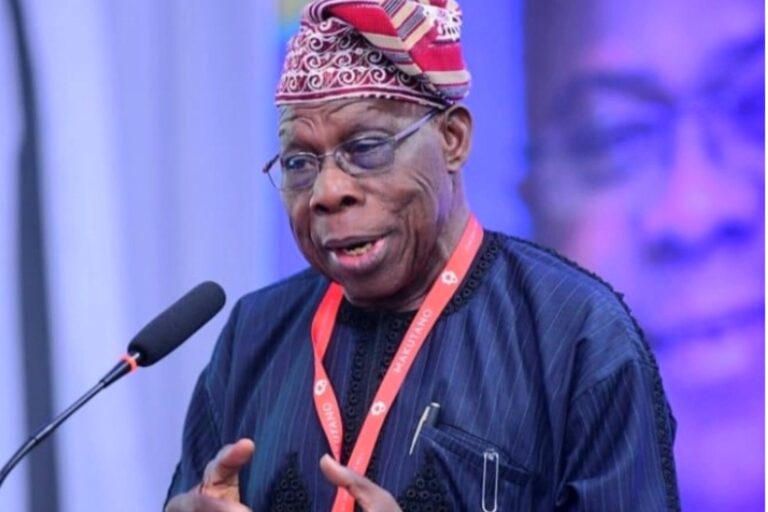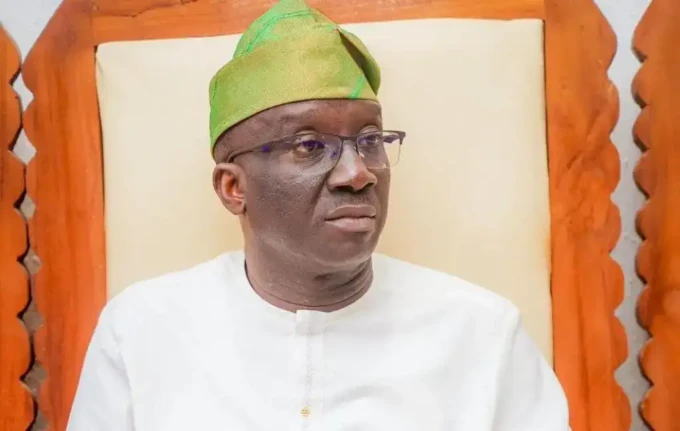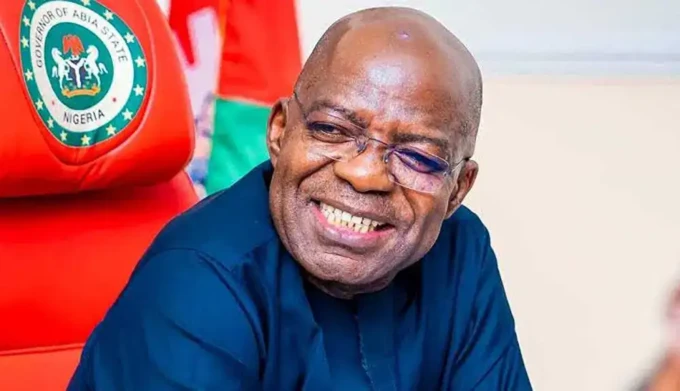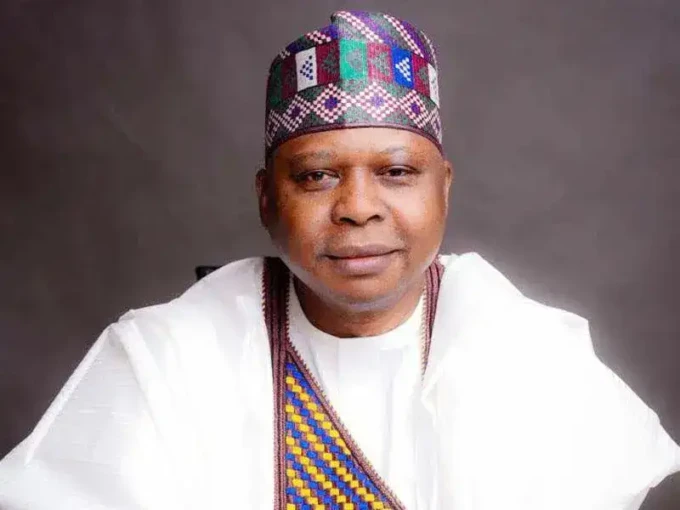Former President Olusegun Obasanjo has launched a scathing critique of the N70,000 minimum wage approved by President Bola Tinubu in 2024, arguing that it falls woefully short of meeting the basic needs of Nigerian workers. In his newly released book, “Nigeria: Past and Future,” Obasanjo asserts that the wage is inadequate to cover essentials such as transportation, food, and housing, painting a grim picture of the economic realities facing the workforce in the third decade of the 21st century.
Obasanjo’s criticism extends beyond the wage itself to the labour leaders entrusted with advocating for workers’ rights. He accuses them of betraying their constituents by prioritizing personal gain over collective welfare. “The minimum wage does not even cover transportation costs for some workers, let alone food, housing, and family upkeep,” he writes, emphasizing the disconnect between the approved amount and the soaring cost of living. He argues that this shortfall leaves workers struggling to survive, a situation he finds intolerable.
The former president pulls no punches in his assessment of union leadership, claiming that many have abandoned their duty to fight for workers in favor of advancing their own political ambitions. “Because of their political ambitions, most union leaders are ineffective compared to the founding fathers’ expectations,” Obasanjo states. He alleges that these leaders exploit their positions for personal gain, leaving workers as “victims of selfish leaders who use their positions to achieve political heights.”
Obasanjo further contends that this betrayal has deep roots, dating back to at least 2015 and worsening over time. He paints a vivid picture of corruption within labour circles, asserting that instead of robust negotiations, leaders engage in “sabre-rattling” only to be silenced with bribes. “They are called into the room and money in large amounts is stuffed into their hands and they keep quiet,” he claims, suggesting that this practice has undermined the fight for a living wage and exacerbated workers’ plight.
The N70,000 minimum wage, signed into law by President Tinubu last year after protracted negotiations with labour unions and the private sector, was heralded by some as a step forward from the previous N33,000 benchmark. However, Obasanjo’s remarks echo sentiments from workers and analysts who argue that it remains insufficient amid rampant inflation and a depreciating naira. His outspoken critique reignites the debate over whether the current wage reflects Nigeria’s economic challenges and raises pointed questions about the integrity of those tasked with representing the nation’s workforce.












Leave a comment